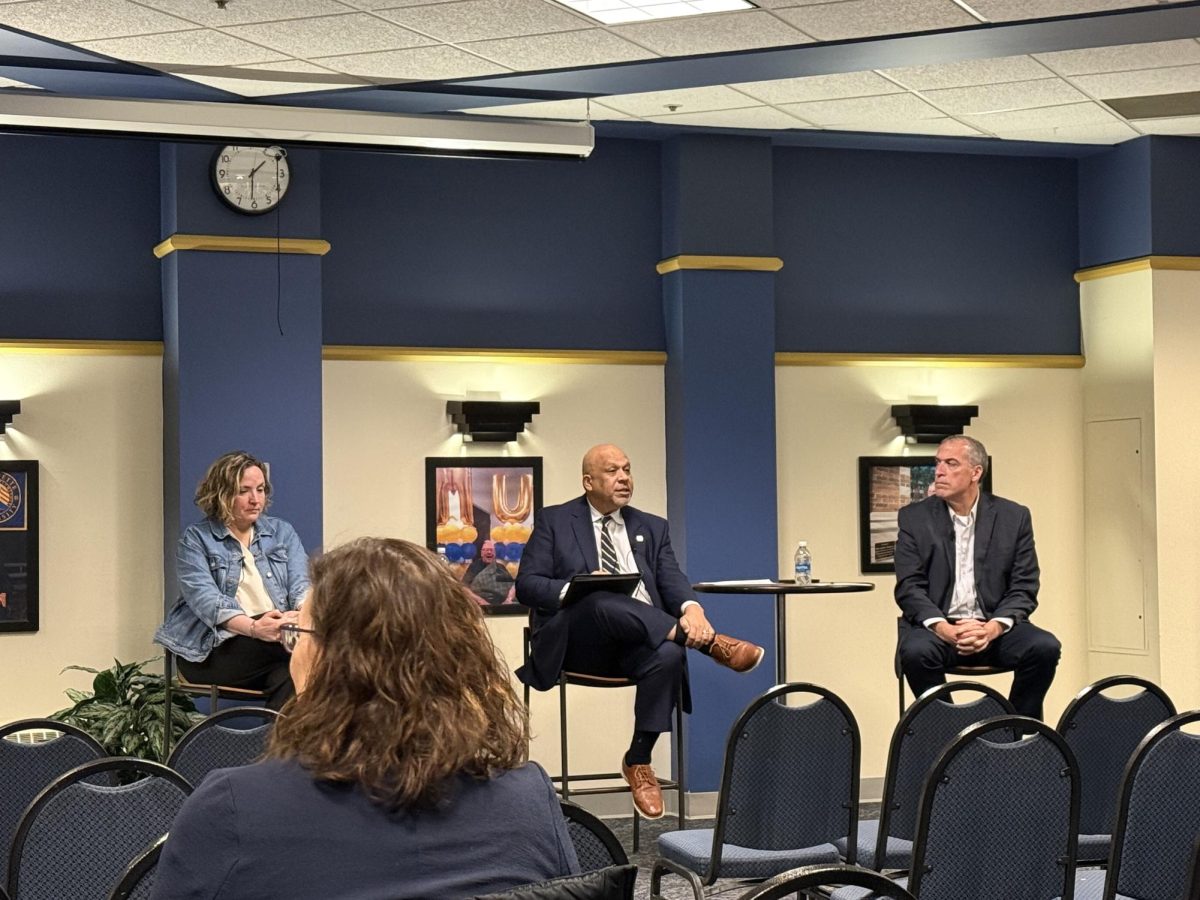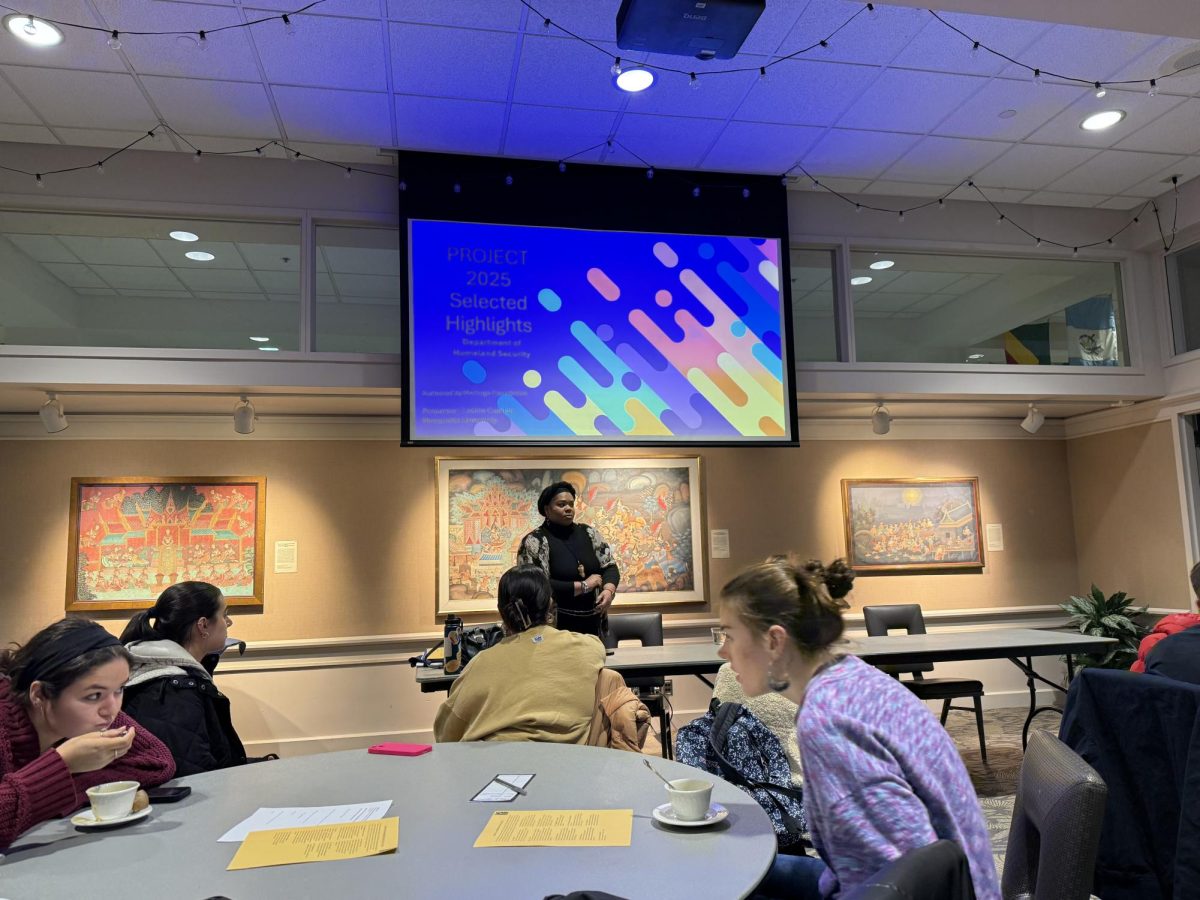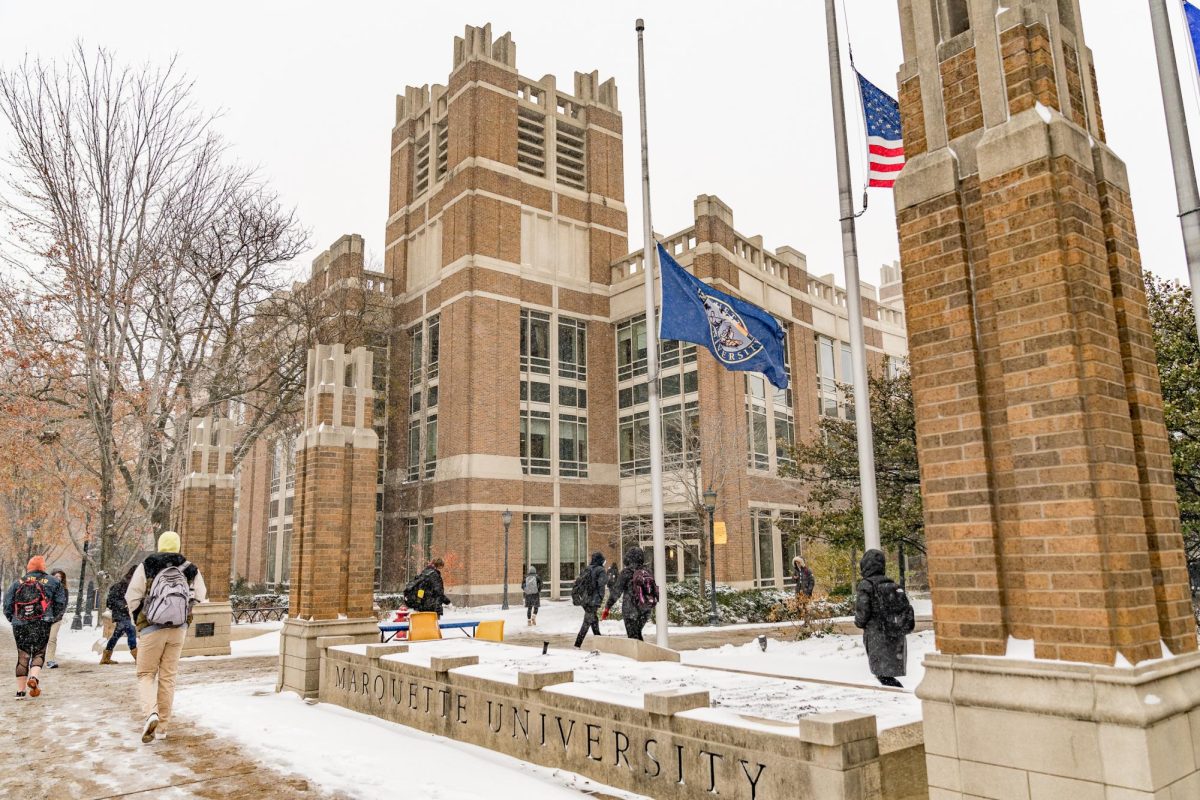 The United States is a nation of immigrants. That phrase is repeated so often that it has become cliché. As Americans, we pride ourselves on our immigrant roots, making pilgrimages to Ellis Island and calling ourselves Irish, Polish or German centuries after our ancestors left those countries. Thus, it might seem strange to see immigration continue to be such a contentious topic in recent years.
The United States is a nation of immigrants. That phrase is repeated so often that it has become cliché. As Americans, we pride ourselves on our immigrant roots, making pilgrimages to Ellis Island and calling ourselves Irish, Polish or German centuries after our ancestors left those countries. Thus, it might seem strange to see immigration continue to be such a contentious topic in recent years.
The main point of disagreement has to do with the United States’ southern border and the large influx of undocumented migrants from Mexico and various Central American countries. Unfortunately, this single issue has dominated the topic of immigration, ignoring the great amount of cultural and economic diversity that characterizes American immigration.
All too often, policymakers and commentators take to describing ‘immigration issues’ when they actually are talking about issues specifically facing just one, albeit large, segment of the foreign-born population. It is inaccurate to describe bilingual public school programs as ‘pro-immigrant’ when the vast majority of them exclusively offer Spanish. Similarly, many immigrants are business owners and entrepreneurs, but based on how some politicians talk about them, it would appear the only way to improve their status would be through food stamps.
However, the fastest-growing segment of the American population are Asian and Asian-American, groups that contain incredible diversity within themselves. Asian immigrants have one of the highest rates of educational attainment, surpassing native-born Americans, a trait shared with immigrants from Africa. In both economics and culture, it is clearly impossible to paint all immigrants with a single brush.
Perhaps most importantly, the narrow way we talk about immigration may be hampering attempts to actually reform the system. Amnesty, or the granting of legal status to millions of undocumented immigrants already in the country, is currently the most divisive topic facing Congress. With state and federal social programs already overstressed, certain policymakers believe adding millions of lower-income people to the welfare rolls will be a net drain on the system. At the same time, there are those who believe legal status will benefit the economy as the government will be able to legally tax millions of people who otherwise would have been paid under the table.
Regardless of what you think about amnesty, it is impossible to talk about immigration without mentioning it in some way. Yet this distracts from numerous initiatives that would make other aspects of immigration easier and happen to be far less politically contentious. The U.S. is facing a shortage of science, technology, engineering and math professionals that could be reduced through skilled immigration. Unfortunately, the process of immigrating to the country can take years even for qualified individuals. Increasing the amount of H-1B, or skilled worker, visas could be used to relieve this problem, as would the granting of permanent resident status to foreign students who earn a highly skilled degree from an American university. These students use our educational infrastructure, and so forcing them go home results in an unnecessary loss for the country.
Immigration, like America itself, is a diverse issue with many aspects to consider. Viewing it under a single light is unfair for immigrants and hinders attempts to improve the system.






